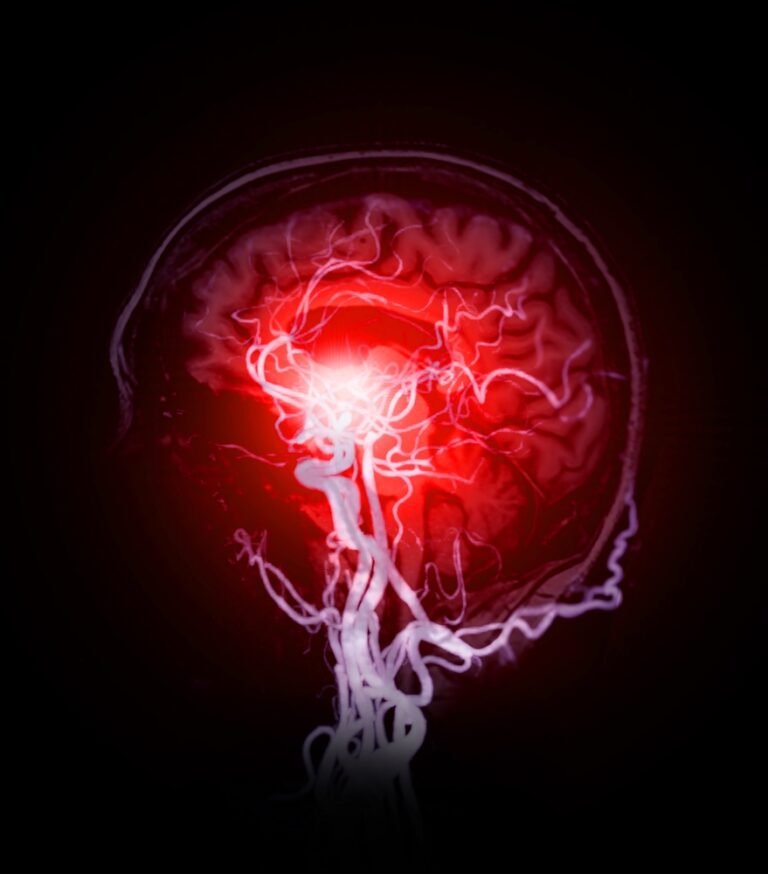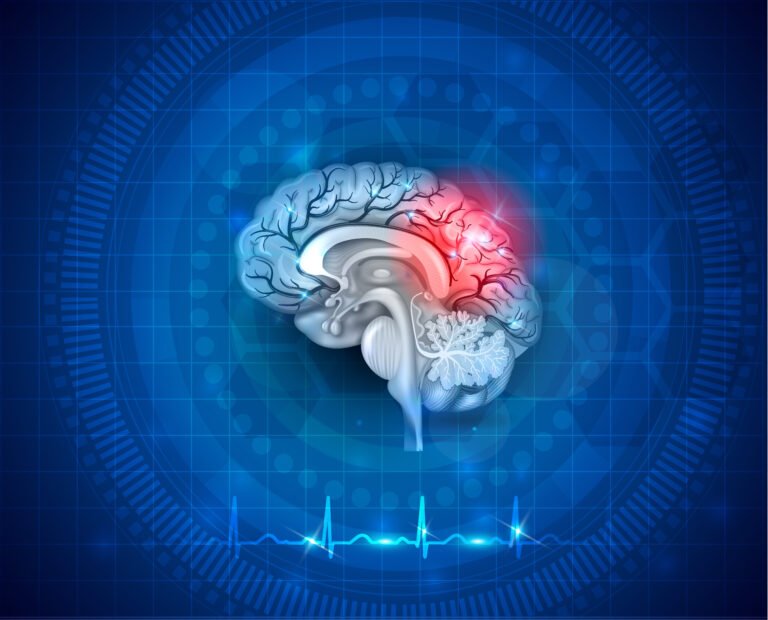Follow us and share.
Common Allergies and Immune System Disorders: A Complete Guide
Discover the most common types of allergies and immune system disorders in this complete guide. Learn about symptoms, prevention, and treatments to improve your quality of life.

What are Allergies and Immune System Diseases?
The immune system is responsible for protecting us from infections and diseases. However, in some cases, it can overreact or react inappropriately, triggering hypersensitivity or autoimmune diseases. While allergic reactions occur when the immune system reacts to harmless substances such as pollen or certain foods, immunological diseases can cause the body to attack its own tissues.
In this comprehensive guide, we'll explore the most common allergies, immune system disorders, and the best strategies for preventing and treating these conditions.
Most Common Types of Allergic Reactions
Allergies affect millions of people around the world and can occur in a variety of forms, from mild to life-threatening.
📌 1. Respiratory Allergies
- Caused by dust mites, pollen, mold, and pet dander.
- Symptoms: Sneezing, nasal congestion, itchy throat, and difficulty breathing.
- Treatment: Antihistamines, decongestants and allergy shots.
📌 2. Food Allergies
- Triggered by foods such as peanuts, shellfish, milk, eggs and wheat.
- Symptoms: Swelling, hives, vomiting, and in severe cases, anaphylaxis.
- Treatment: Avoid trigger foods and carry injectable adrenaline in severe cases.
📌 3. Skin Allergies
- Caused by contact with certain substances such as nickel, latex or chemicals.
- Symptoms: Redness, itching, blistering, or peeling of the skin.
- Treatment: Corticosteroid creams and avoiding contact with allergens.
📌 4. Drug Allergies
- Triggered by antibiotics, analgesics or anesthetics.
- Symptoms: Rashes, facial swelling, and difficulty breathing.
- Treatment: Stop the medication and seek immediate medical attention in case of severe reactions.
📌 5. Insect Bite Allergies
- Caused by bees, wasps and mosquitoes.
- Symptoms: Pain, local swelling, hives and, in severe cases, anaphylaxis.
- Treatment: Antihistamines, corticosteroids and epinephrine in extreme cases.
AAFA – Information on allergies and asthma.
Immune System Disorders
Autoimmune diseases occur when the immune system attacks by mistake to healthy cells and tissues in the body. Some of the most common include:
📌 1. Rheumatoid Arthritis
- It affects the joints causing inflammation and pain.
- Treatment: Immunosuppressive medications and physical therapy.
📌 2. Systemic Lupus Erythematosus
- It can affect the skin, kidneys, heart and lungs.
- Treatment: Corticosteroids, anti-inflammatories and sun protection.
📌 3. Celiac Disease
- Gluten intolerance that damages the small intestine.
- Treatment: Lifelong gluten-free diet.
📌 4. Multiple Sclerosis
- It affects the central nervous system, causing weakness and mobility problems.
- Treatment: Immunomodulatory medications and rehabilitation.
📌 5. Type 1 Diabetes
- Destruction of insulin-producing cells in the pancreas.
- Treatment: Insulin and strict glucose control.
NIH – Information on autoimmune diseases.
How to Prevent and Manage Allergic Reactions and Immune Diseases
📌 General prevention measures:
- Avoid exposure to known allergens.
- Use air purifiers and clean frequently to reduce mites and dust.
- Follow a healthy and balanced diet to strengthen your immune system.
- Stay hydrated and get enough sleep for better immune function.
📌 Treatment options:
- Antihistamines and corticosteroids for mild to moderate allergies.
- Allergy vaccines to reduce sensitivity to allergens over time.
- Immunosuppressants or immunomodulators in autoimmune diseases.
- Anti-inflammatory diet and supplements to strengthen immunity.
📌 When to see a doctor:
- If allergy symptoms affect your quality of life or become chronic.
- If you experience severe reactions such as swelling in your throat or difficulty breathing.
- If you have symptoms of autoimmune diseases, such as extreme fatigue, persistent pain, or unexplained inflammation.
CDC – Guide to managing allergies and immune disorders.
Conclusion: Knowledge and Prevention is Key to a Healthy Life
The allergies and immune system disorders They can affect quality of life, but with proper diagnosis and treatment, they can be controlled. Prevention, awareness of symptoms, and medical follow-up are essential to avoid complications and improve well-being.
🌟 Advice: If you suspect you have an allergy or immune disorder, see a specialist for an accurate diagnosis and an appropriate treatment plan.
In this section you will find clear and empathetic content about the mental health and emotional well-being, designed to help you face common psychological challenges such as anxiety, he stress, the depression and other emotional disorders.



